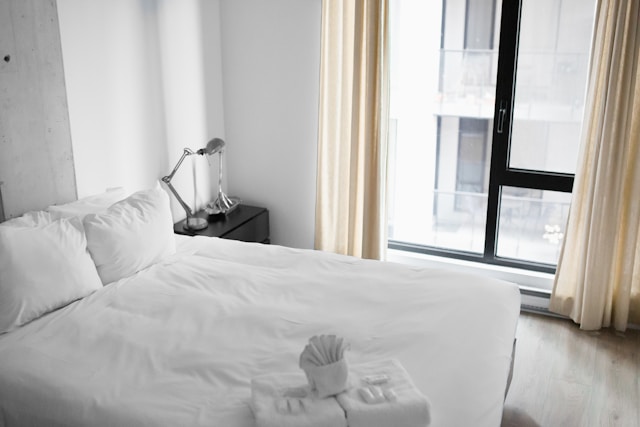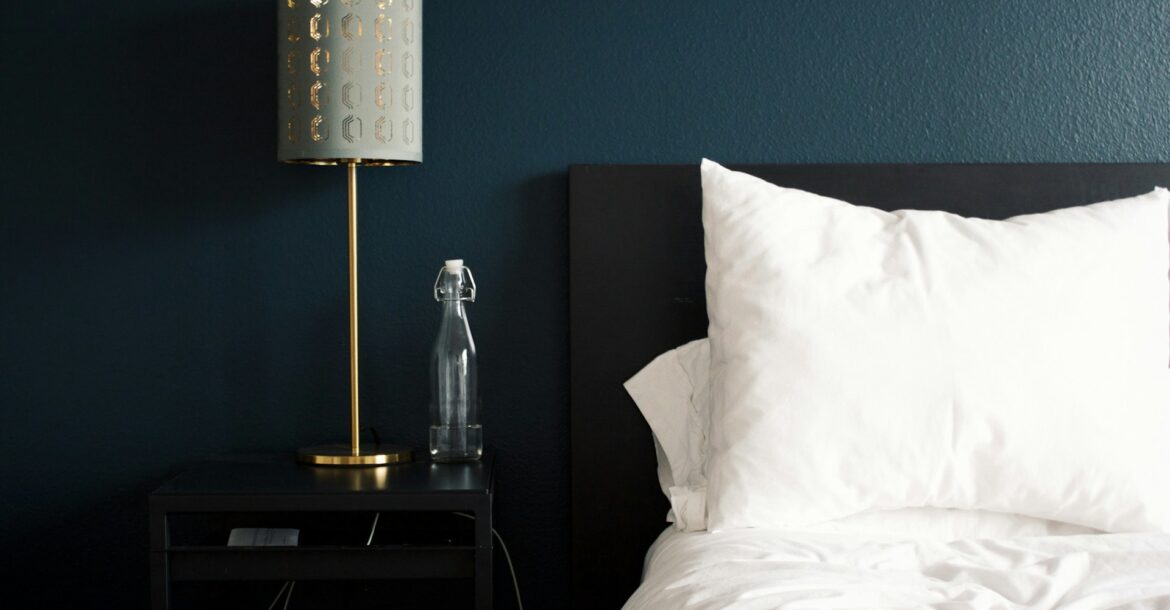The hospitality industry, with its constant influx of guests, faces a unique challenge – the persistent threat of bed bug infestations.
These tiny, elusive pests can quickly turn a positive guest experience into a nightmare, leading to reputational damage and financial losses. To mitigate this risk, hotels must prioritize regular bed bug monitoring, using effective bed bug monitors, as a crucial component of their pest management strategy.
Protecting the Guest Experience
The cornerstone of the hospitality industry is providing a comfortable and enjoyable experience for guests. Bed bug infestations can quickly erode this foundation, causing distress and discomfort for those staying in affected rooms.
Regular bed bug monitoring acts as a proactive measure to detect and address any potential issues before they escalate, ensuring that guests can enjoy a peaceful and pest-free stay.
Preserving Reputation
In the age of online reviews and social media, a single negative experience can have a profound impact on a hotel’s reputation. Bed bug incidents, if not addressed promptly, can result in scathing reviews and tarnish a hotel’s image.

Regular monitoring demonstrates a commitment to guest satisfaction and highlights the hotel’s dedication to maintaining a clean and pest-free environment, safeguarding its reputation in the competitive hospitality market.
Compliance with Industry Standards
Hotels are subject to various health and safety regulations to ensure the well-being of guests. Regular bed bug monitoring aligns with industry standards and regulations, demonstrating a commitment to compliance.
By adopting proactive measures, hotels not only meet regulatory requirements but also showcase their responsibility in safeguarding public health.
Cost-Effective Pest Management
Early detection is key to effective pest management. Regular monitoring allows hotels to identify bed bug issues at their nascent stage, preventing widespread infestations.
Addressing the problem early on is not only more effective but also more cost-efficient, saving hotels from the financial burden of extensive pest control measures and potential compensation for affected guests.
Employee Productivity and Well-being
Hotel staff play a pivotal role in ensuring a positive guest experience. Dealing with bed bug infestations can be time-consuming and stressful for employees. Regular monitoring helps identify and address issues promptly, reducing the workload on staff and preserving their well-being.
A happier and more productive staff contributes to a more positive and welcoming atmosphere for guests.

Environmental Responsibility
The hospitality industry is increasingly focusing on sustainability and environmental responsibility. Bed bug monitoring allows hotels to adopt a proactive and targeted approach to pest control, minimizing the need for excessive pesticide use.
This aligns with the industry’s commitment to eco-friendly practices and contributes to a healthier and more sustainable environment.
Conclusion
In the highly competitive landscape of the hospitality industry, maintaining a pest-free environment is essential for success. Regular bed bug monitoring serves as a proactive and strategic approach to prevent infestations, protect the guest experience, and preserve a hotel’s reputation.
By prioritizing the implementation of effective monitoring protocols, hotels can ensure a comfortable and pest-free environment, fostering guest loyalty and sustaining a positive brand image.






